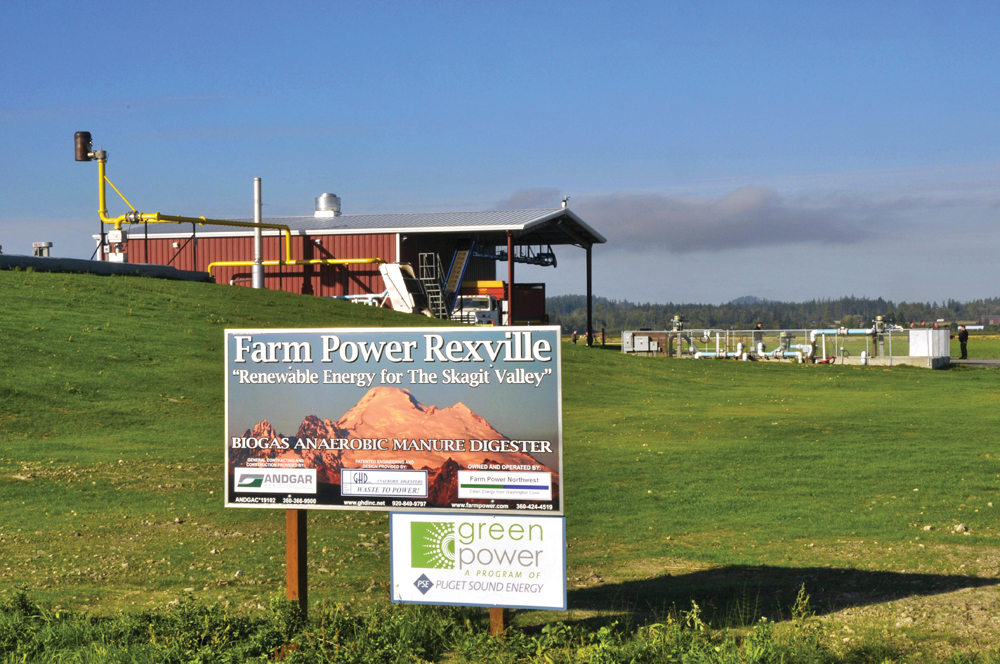Cow Power in the Northwest




PHOTO: FARM POWER
July 28, 2011
BY Anna Austin
Advertisement
Advertisement
Related Stories
Clean Energy Fuels Corp. announced a series of new agreements with customers across the country expanding their use of ultraclean, affordable renewable natural gas (RNG). The company also grew its customer base for bulk liquefied natural gas (LNG).
Bill aims to reinstate 45Z ‘special rate’ for SAF, other renewable energy tax incentives eliminated by OBBB
Rep. Mike Thompson, D-Calif., on Oct. 28 introduced a bill that aims to reinstate many of the renewable energy tax credits eliminated by the One Big Beautiful Bill, including the reinstatement of the 45Z clean fuel production credit “special rate” for SAF.
Eni and the Bioenergy Association for Sustainable Development, affiliated with the Ministry of Environment of the Arab Republic of Egypt, have announced plans to prepare a comprehensive feasibility study for establishing biogas production units.
In another landmark step toward maritime decarbonization, Anew Climate and Seaspan Energy have successfully completed their first ship-to-ship loading operation of renewable liquefied natural gas (Bio-LNG) in the Port of Long Beach, California
Some of the biogas captured from the Yolo County Landfill in California is now certified carbon negative by CARB, thanks to the use of LoCI Controls’ technology and the ABC’s Biogas Carbon Accounting Tool.





